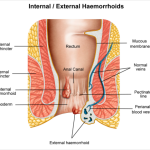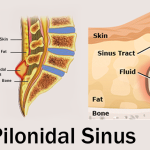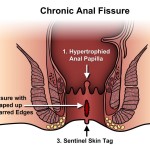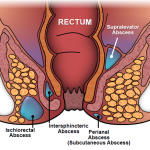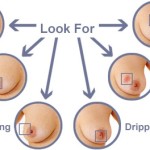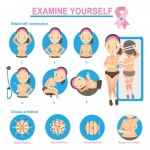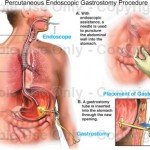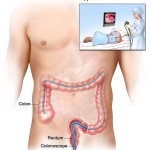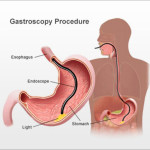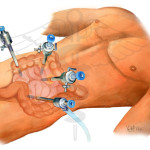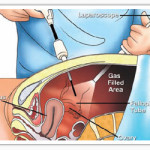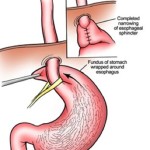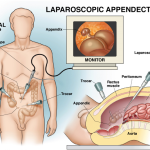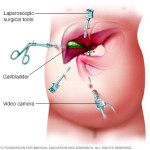Haemorrhoids
Introduction | Symptoms | Causes | Risks | After the Operation | Prevention
What are haemorrhoids?
Haemorrhoids are swellings on the inside of the anal canal, the short muscular tube that connects the rectum (back passage) with the anus. They are round swellings that can reach the size of a grape. They are not varicose veins and are also known as ‘piles.’
Classification of haemorrhoids
Although haemorrhoids develop inside the anal canal, they can hang down outside of their normal place. Haemorrhoids can be described as follows:
- Grade 1 – Usually present with bleeding. On proctoscopy, they are seen as excessive bulges, while maintaining their normal position inside the anal canal.
- Grade 2 – Are larger and prolapse (stick out) from the anus when you open your bowels, but spontaneously return on their own afterwards.
- Grade 3 – Prolapsed haemorrhoids which will only return when pushed back in.
- Grade 4 – Permanent prolapse which cannot be pushed back in. They are prone to thrombosis and pain, and often bleed profusely.
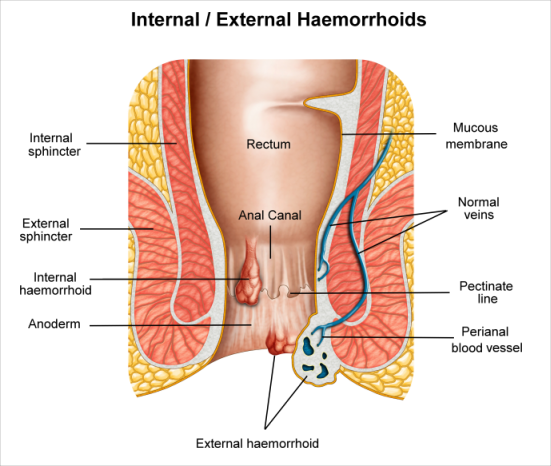
Symptoms
- Bright red blood from your anus
- Pain and discomfort after you have opened your bowels
- A slimy discharge of mucous, which may cause itching
- A feeling that your bowels haven’t emptied completely
- Soiling underwear (with third and fourth grade hemorrhoids)
Bright red blood from your anus is most likely to come from haemorrhoids, rather than anything more serious. However, if you are unsure about the bleeding you should contact your doctor.

Causes of haemorrhoids
The exact cause of piles is unknown. You have an increased risk of getting haemorrhoids if:
- You strain to empty your bowels (constipation)
- You eat a low fibre diet
- Have long lasting chronic diarrhoea
- You are pregnant – due to the effect of hormones on the blood vessels, plus the increasing weight of the baby
- You have a family history of haemorrhoids
- You have cancer or growths in your abdomen, which can put pressure on your abdomen.
Treatment of Haemorrhoids
To avoid the above conditions and have daily bowel movements which are solid but soft, you don’t need to strain. Faeces will pass easily and not put pressure on the blood vessels in the anal area. To keep your bowel movements soft you should:
- Eat plenty of fibre rich foods such as fruit and vegetables and wholegrain cereals (wholemeal bread, brown rice, and wholemeal pasta)
- Drink plenty of water
If you are still passing hard or infrequent stools, you could try a fibre supplement such as fybogel or mild laxatives such as lactulose, which softens faeces.
There are a number of over-the-counter treatments which can help relieve the symptoms of haemorrhoids but won’t cure them. These include:
- Creams, ointments and suppositories can help to ease the itching and pain.
- Products containing corticosteroids, such as proctosedyl, may reduce inflammation and pain.
Surgical interventions include:
- Banding
- Haemorrhoidectomy
- Stapled haemorrhoidectomy
Stapled Haemorrhoidectomy procedure
This is a relatively new surgical technique for treating prolapsed hemorrhoids. This procedure is known by several names: PPH (procedure for prolapse and haemorrhoids), stapled anopexy and stapled haemorrhoidectomy.
The procedure works by reducing the size of the haemorrhoids by removing the redundant (excess) lining of the bowel, lifting up the haemorrhoidal tissue back into it’s normal position and reducing their blood supply, causing them to shrink.
The main advantage over the open procedure is that all of the work is done inside the anal canal, which is considerably less sensitive than the area around the anus where the open procedure is performed. The other advantage of the operation is that it leaves the haemorrhoids behind, but in the correct position and much smaller.
As the procedure is almost pain free it can be performed as a day case and you can return to work quicker than with an open procedure.
What are the Risks?
Haemorrhoidectomy is considered a safe procedure. However, as with any surgery, complications do occasionally occur:
- A post-operative bleed may occur. The bleeding often stops spontaneously but occasionally may need further surgery to correct it.
- If too much muscle tissue is drawn into the device, it can damage the rectal wall resulting in inflammation or infection.
- The internal muscles of the sphincter (entrance to the back passage) may be damaged, resulting in long-term dysfunction, such as severe pain or incontinence.
- Immediately after surgery you may also experience some difficulty in passing urine, but this should pass. Occasionally a catheter may be required to empty the bladder.
- Further rare complications of surgery include deep vein thrombosis (blood clot), pulmonary embolism (blood clot in the lung), and narrowing of the anus(stenosis.)
What would happen if my haemorrhoids were left untreated?
Untreated haemorrhoids can drop down outside the anal canal and strangulate causing pain. Haemorrhoids can cause leakage of mucous, inflammation and irritation of the skin around the anus. Untreated haemorrhoids can also bleed, so you could become anaemic.
What happens after the operation?
Your blood pressure, pulse and wounds will be monitored closely over the first few hours. You will normally be able to start drinking shortly after the procedure, and can start eating as soon as you are hungry. You will normally be able to get out of bed a few hours after surgery, although the nurses will assist you the first time.
Some pain is to be expected. The nurses will monitor how you are feeling and give you painkillers if required. If an anal plug has been inserted this will usually be removed a few hours after surgery. If a dissolvable anal plug has been used this will be passed on your first bowel movement.
A small amount of bleeding is also to be expected. The nurses will monitor the wound site and if necessary provide pads to protect your clothes from soiling.
If your operation is planned as a day case you can go home as soon as the effect of the anaesthetic has worn off.
A general anaesthetic can temporarily affect your coordination and reasoning skills so you will need someone to take you home. During this time it is also important that you do not operate machinery or drive.
Will the haemorrhoids return after surgery?
Haemorrhoids can return after any form of treatment, but they are less likely to return after having a haemorrhoidectomy. If they do return another haemorrhoidectomy or other forms of treatment may be necessary.
When should I seek help
- If you develop a fever above 101° F (38.5° C) or chills.
- Vomiting or nausea.
- Increasing pain, redness, swelling or discharge.
- Severe bleeding.
- Difficulties in passing urine.
- Constipation for more than 3 days despite using laxatives.
How to prevent haemorrhoids
- Eat plenty of fibre, bran, or roughage, or use a bulking agent to maintain regular, soft bowel movements
- Do not delay or try to prevent a bowel movement when the urge is present
- Exercise, especially aerobic, may help produce more regular bowel movements
- Drink plenty of liquids and eat regularly
- Keep the area around the anus clean and dry.

